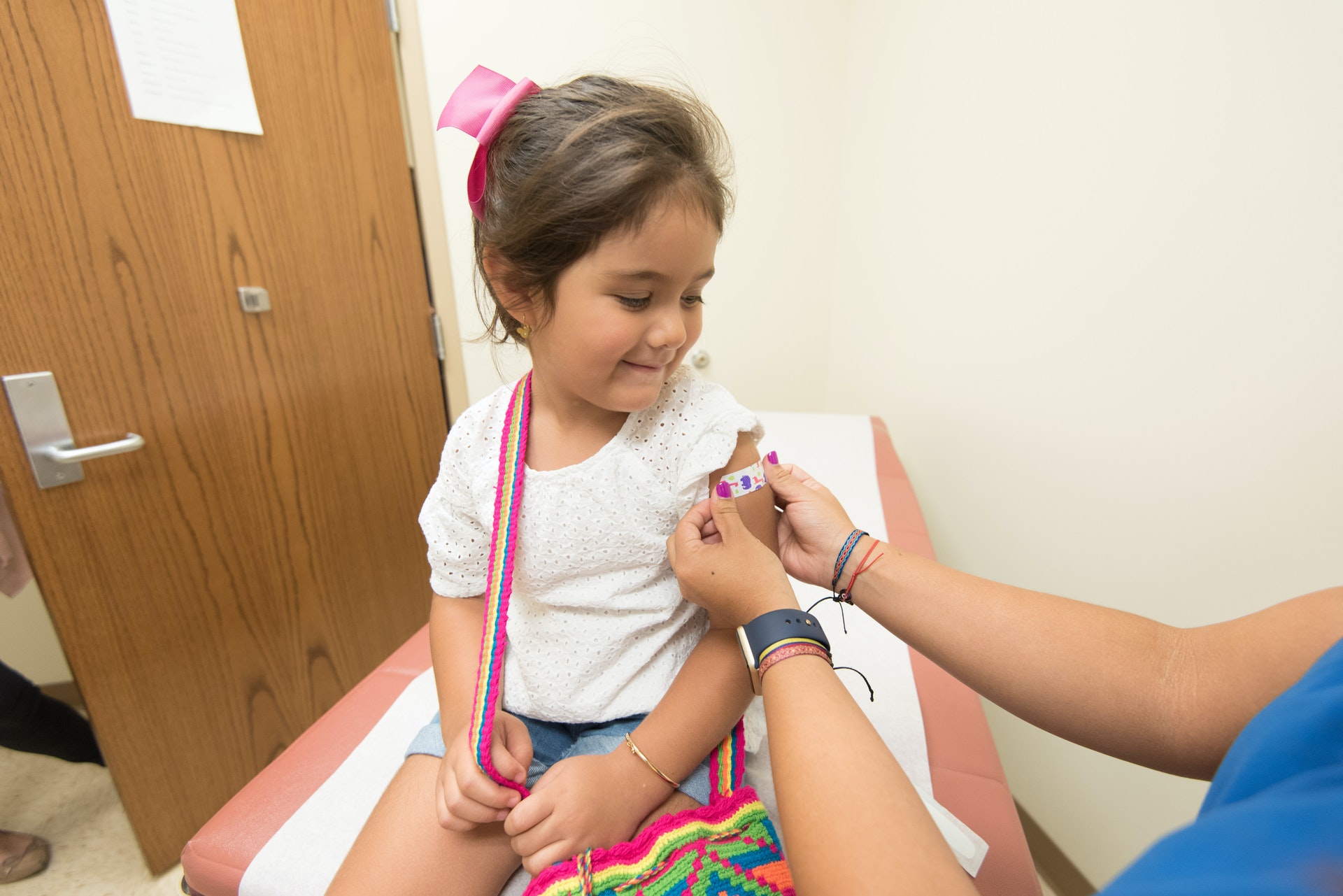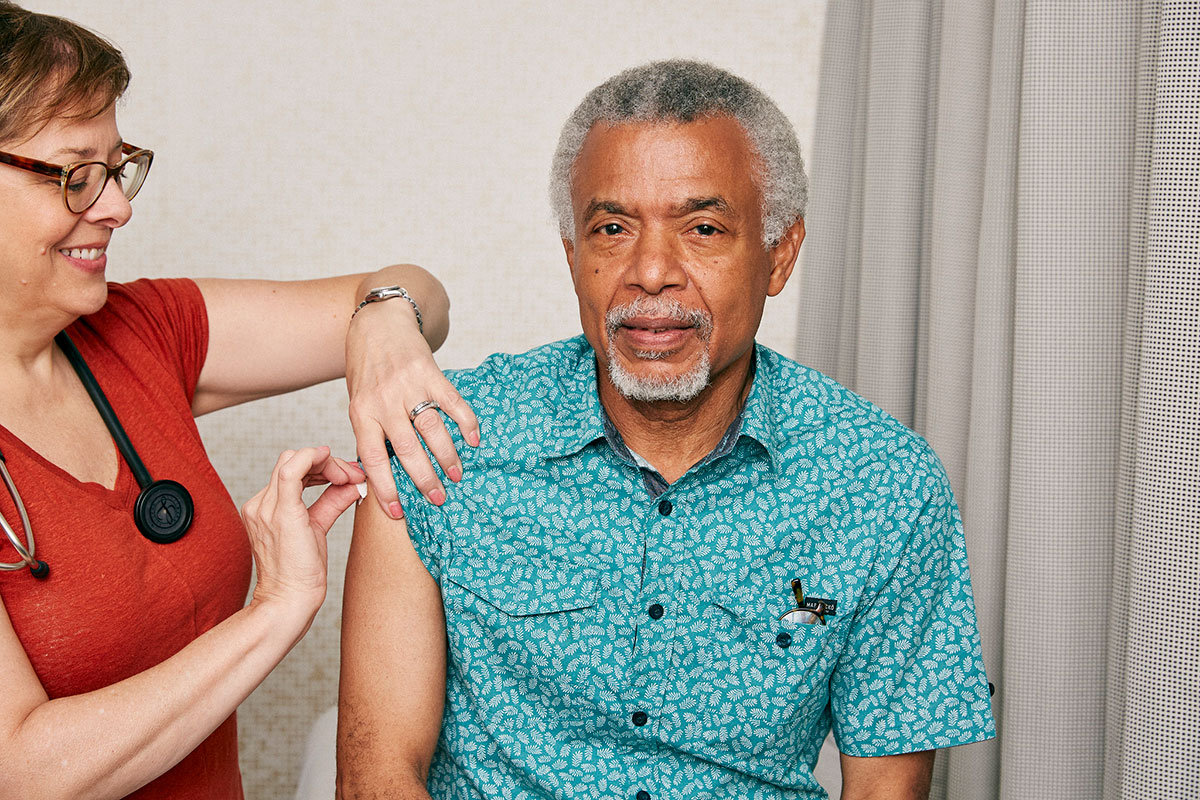French health authorities were slow to embrace pharmacy-based vaccination but have now dramatically expanded the role of pharmacists in providing almost all vaccines recommended for the general population.
Trained pharmacists will be permitted to prescribe and administer vaccines against diphtheria, tetanus, polio, pertussis, flu, HPV, measles, mumps, rubella, hepatitis A, hepatitis B, meningococcal A, meningococcal B, pneumococcus, varicella, shingles, yellow fever and rabies. The only exceptions will apply to the administration of live vaccines, such as MMR and BCG, to immunocompromised patients.
The move is expected to come into force in the first quarter of 2023. It follows a growing trend across Europe since the pandemic, during which pharmacists gained valuable vaccination experience while the public became accustomed to visiting local pharmacists for their jabs.

Although several European countries, including the UK, Ireland and Portugal, were early adopters – involving pharmacists in vaccination for more than a decade – France has been hesitant. Vaccination was provided almost uniquely by medical doctors, with the exception of some localised initiatives and the delivery of flu vaccines by nurses.
Pharmacists in two French départements began delivering flu vaccines to adults in 2017 as part of a pilot which was later rolled out nationwide in 2019. Then COVID-19 struck, prompting authorities to expand the age groups that could avail of pharmacy-based vaccination. Pharmacists were invited to take part in the national COVID-19 vaccination and testing.
In January 2022, pharmacists, nurses and midwives in France were authorised to give COVID-19 vaccines to children aged 5-11 and, in June 2022, authorities recommended extending this to almost all recommended vaccines for individuals aged two and older.
In addition, the government increased the payment made to pharmacists for delivering vaccines as part of a wider effort to improve vaccine uptake. Pharmacists have also been allowed to administer monkeypox vaccination.

In its decision to expand pharmacy-based vaccination for adults and children, authorities in France are also finalising efforts to expand vaccinology training for health professions. This follows the advice of the Haute Authorité de Santé (HAS) which has been asked by the Health Ministry to explore whether pharmacists should be permitted to prescribe and administer more vaccines.
The final legislative steps to allow pharmacists to prescribe is expected to be completed in December. This would end the practice of obtaining a prescription from a doctor before visiting a pharmacist, making it more convenient for the public.
In June, the HAS also recommended the introduction of an electronic vaccination record. The Ministry for Health worked with the team behind MesVaccins.Net, a well-established online immunisation tracker. [Read: EU COVID pass paves the way for digital vaccination card]
The French government now intends to nest the vaccination record in citizens’ digital health records which will go live in 2023. While uptake and adoption of the system by the public and health professionals is unlikely to be immediate, the move will put France at the forefront of digital health. It may also shape ongoing discussion at EU level on the European Health Data Space. From an immunisation perspective, it may ultimately become feasible for people in Europe to access their vaccination records even when moving between countries with different vaccine schedules.

European trend
Meanwhile in Germany, an estimated 6,000 pharmacists have completed the training required to provide COVID-19 vaccination, according to the Association of German Pharmacists. Pharmacists will receive the same payment as doctors for each vaccination: €28 during the week and €36 at the weekend.
The pandemic has also sparked change in vaccination policy in Italy, where pharmacists had previously not been allowed to administer vaccines. That changed in March 2021 when pharmacists were authorised to administer vaccines without the supervision of a doctor, followed by a decision to allow COVID-19 vaccination in community pharmacies. In September 2021 pharmacists began to offer flu vaccines.
Belgium has also paved the way for expanding pharmacies’ role in vaccination. 4,000 pharmacists were trained to give COVID-19 vaccines and, in the Brussels region, doctors and nurses administered vaccines at 25 pharmacists.
Earlier this year, Marleen Haems of KOVAG, a professional association of pharmacists in East Flanders, told Vaccines Today this could be the beginning of a new chapter for pharmacists. ‘It only applies to COVID-19 vaccines,’ she said. ‘Still, we think it could be a breakthrough, helping to reach those who have yet to have a first, second or booster vaccine.’

In countries where pharmacists have had the opportunity to play a role in national vaccination programmes, their involvement has been well received. Research shows that people in Germany, Italy and elsewhere are highly satisfied with the convenience of pharmacy-based vaccination.
Data from Ireland indicates that pharmacists are reaching adults who might not otherwise have been vaccinated. Irish pharmacists have, since 2016, been permitted to vaccinate against pneumococcal disease and shingles. Uptake of these vaccines is much lower than for flu, but the Irish Pharmacy Union (IPU) expects greater engagement by pharmacists in the years to come.
‘There is a consolidated trend towards regulatory environments that support a broader role for pharmacists in vaccination, including the authority to administer a range of vaccines to various age groups and target populations,’ said Gonçalo Sousa Pinto, Lead for practice development and transformation at the International Pharmaceutical Federation.
‘This is a clear recognition not only of the specific role of community pharmacists in improving vaccination coverage rates, but also of the role that pharmacies played in pandemic response. Leveraging the convenience of pharmacies and the trust placed upon them by the community leads to clear results in terms of combating vaccine hesitancy and complacency.’
It seems community pharmacists could become a growing part of efforts to improve vaccination rates. Whether others will follow the ambitious example set by France remains to be seen.





Graham Thoms
January 30th, 2023
Great to see other European nations also starting to recognise the key role pharmacist can play within vaccination services. Myself and the team at Pharmadoctor have been leading the development and supporting pharmacist-led vaccination services in the UK for over 20 years – including those for COVID, flu, hep B, HPV, measles, meningitis, pneumonia, shingles travel health: https://pharmadoctor.co.uk/patient/service/vaccinations
Pharmadoctor’s multi-award-winning closed-loop pharmacy vaccination ecosystem blends the best of digital health with local bricks and mortar pharmacies to offer the UK public convenient, accessible and affordable vaccination services without the wait for a physician appointment or prescription.
This is how we do it: https://vimeo.com/712832126
Pingback
September 1st, 2023
[…] For more information visit here. […]